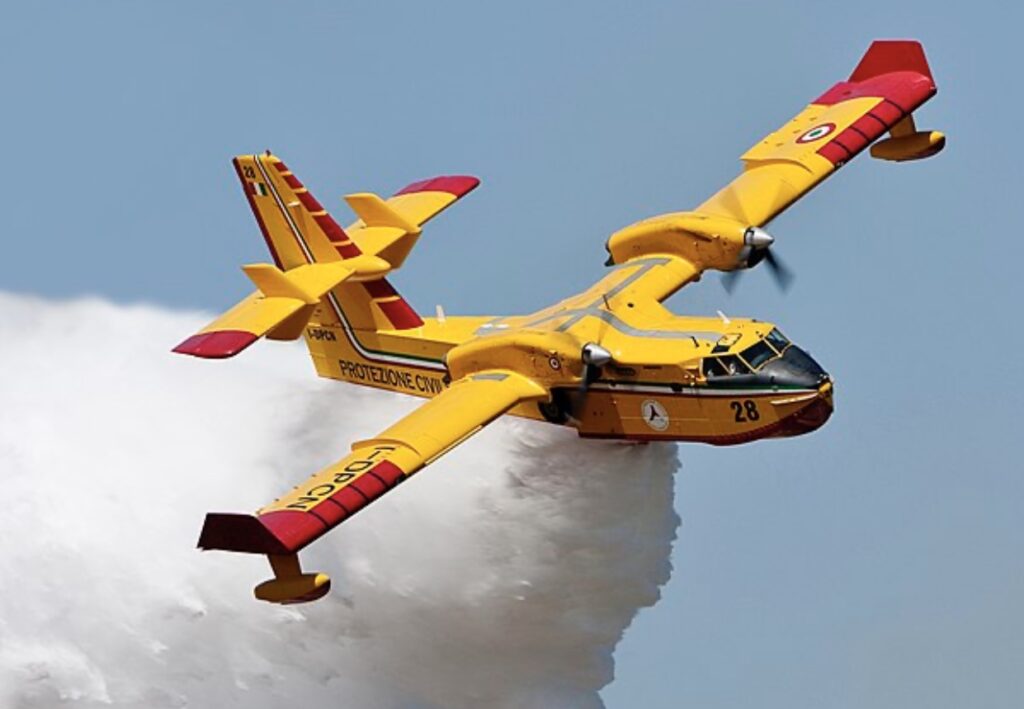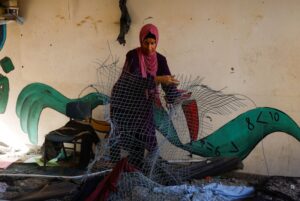EU plans to acquire modern firefighting planes amid escalating climate challenges marking its first complete ownership of such planes. The move is aimed at enhancing its firefighting capacity against blazes intensified by climate change, stated the head of the bloc’s crisis management.
In response to the escalating threat of severe wildfires, the EU Commissioner for Crisis Management, Janez Lenarcic, revealed the ambition to secure contracts for the purchase of 12 EU-owned firefighting planes this year, along with an additional 12 to reinforce national fleets in member countries.
EU doubled firefighting plane reserve to meet increased demand after last year’s devastating fires in southern Europe. The current fleet consists of 28 leased aircraft from member countries and the market, serving as a wildfire season buffer. The doubling of numbers is projected to cost around €23 million, according to the European Commission, the EU’s executive arm.
Lenarcic stated that De Havilland Canada will resume Canadair aircraft production if the EU places orders.
EU invests in firefighting planes to address climate-induced wildfires
Six member states, including Croatia, France, Greece, Italy, Portugal, and Spain, will participate in signing the contracts. While the EU will finance the purchase of the 12 planes for its own fleet, individual member states will bear the costs for their respective purchases.
De Havilland stated that it has completed the critical design review of the DHC-515 Firefighter and anticipates finalizing contracts with customers in the upcoming months, with the initial delivery planned before the 2027 fire season.
Europe is bracing for another summer of extreme weather events. Recent wildfires in Greece have tragically claimed three lives and forced thousands of tourists to evacuate. Additionally, Italian firefighters have been combating nearly 1,400 fires between July 23 and 25.
Lenarcic emphasized that the current situation in southern Europe indicates that the region is already in the midst of a climate crisis.
EU’s wildfire response and the growing climate change-induced costs
EU nations take the lead in fighting wildfires, seeking support from the EU reserve only when extra help is needed.
In 2022, the EU received 11 requests, and this year four, including support to Greece and Tunisia.
Lenarcic raised concerns about the escalating costs, amounting to tens of billions of euros annually, as a result of climate change-induced impacts. He stressed the urgency of reducing fossil fuel consumption and CO2 emissions through the green transition. He also emphasized that failure to act would lead to even higher expenses and consequences.



